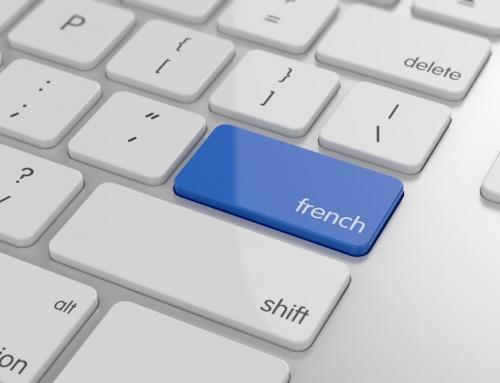Machine-aided translation may feel like a recent breakthrough, but its roots go back almost a century. In 1927, IBM introduced one of the first simultaneous translation systems – a foundation that paved the way for today’s advanced language technologies.
Since then, translation technology has evolved dramatically. The rise of neural machine translation in the 2010s was transformative, but the game-changer arrived in late 2022 with generative AI and large language models (LLMs). These innovations are delivering unprecedented speed, accuracy, and adaptability. Today, artificial intelligence isn’t just an optional tool for language professionals: it’s an integral part of how the industry operates.
The real question is no longer if you should use AI but how to use it effectively.
AI Is Changing Translation But Not Replacing Human Expertise
The translation industry has entered a new era. LLMs can process billions of words, adapt to context, and improve through constant learning. Businesses are embracing AI across operations: over 80% of enterprises report using AI in at least one area of their workflows.
Yet despite these advances, professional translators remain indispensable. According to recent industry surveys, a majority of linguists, while wary of job displacement recognize that AI is most powerful as a complement, not a substitute.
Here’s why:
- AI delivers speed and scale, but struggles with nuance, tone, and cultural appropriateness.
- Human translators bring expertise and judgment, ensuring that content resonates with target audiences and adheres to technical, legal, and cultural requirements.
- Hybrid workflows AI + human review produce the best results, combining efficiency with uncompromising quality.
Why Translators Are Partnering With AI
The global AI market is projected to surpass $4.8 trillion by 2033, and language services are a significant part of this growth. For language service providers (LSPs), AI-driven tools enable:
- Faster delivery times, even on high-volume multilingual projects.
- Access to vast linguistic databases and up-to-date terminology.
- Consistent translation quality across regions, products, and platforms.
For translators, AI is less a threat and more a powerful assistant, one that frees them from repetitive tasks and allows them to focus on higher-level linguistic and cultural work.
The New Role of the Human Translator
AI has shifted human involvement from doing the translation to perfecting it. Modern translators:
- Prepare input for AI by structuring source content to optimize output quality.
- Evaluate and refine AI output, ensuring accuracy, tone, and compliance.
- Maintain and improve translation assets, like terminology databases and translation memories.
Without expert oversight, even the most advanced AI tools can produce critical errors like misused terminology, cultural faux pas, or messages that simply fall flat. The value of human translators lies in their ability to transform raw machine output into communication that works in the real world.
Specialization Is the Key to AI Success
General-purpose AI tools, like ChatGPT or Google Translate, can provide quick translations but they often lack the precision needed for professional use. That’s why businesses turn to specialized LSPs.
A trusted LSP doesn’t just run text through a tool; they:
- Tailor AI engines for specific industries (legal, medical, technical, etc.).
- Ensure compliance with local regulations and linguistic norms (like Canadian French requirements).
- Securely manage sensitive data in controlled environments.
Partner With Fox Translations: Human Insight Meets Smart Technology
At Fox Translations, we embrace innovation without compromising quality. As an ISO 17100 and CGSB-131.10 certified Canadian LSP, we combine human expertise with cutting-edge tools to deliver accurate, culturally appropriate translations in both English and French.
We offer:
- Human-only translations for critical content.
- AI-enhanced translations with expert review for efficiency without quality loss.
- Translation memory and terminology management to ensure consistency and long-term value.
With our Ottawa-based, security-cleared team, you can trust that your content is not only accurate but also confidential.
Ready to see how human expertise + AI innovation can elevate your translations?
Contact us today to discuss your needs.







